Guaranteed Next Day Delivery!
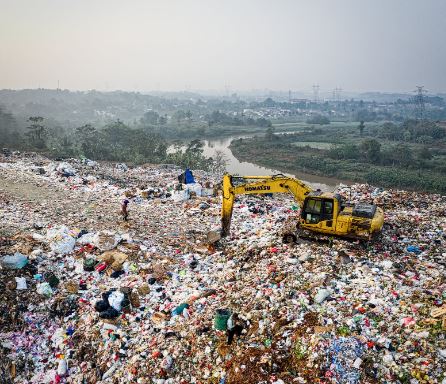
8 Things You Can Do Right Now to Improve Waste Management in Melbourne
Waste management in Melbourne is a big issue in 2024! It doesn’t matter whether you’re a large corporation’s CEO or a small apartment’s tenant. We must work together to improve our waste management knowledge and duties.
According to Sustainability Victoria, 2.3 million tonnes of waste was collected from local Melbourne Households.
The amount of waste generated worldwide has dramatically increased, particularly in the past few decades, and the City of Melbourne is no exception. As a result, the city is facing a dire waste management crisis, and we must do something about it individually.
Thankfully, here are eight tried and true things you can do right now to improve waste management and take it to a whole new level.
1. Be mindful and purposeful when shopping for food
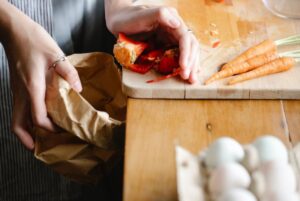 Here’s the real shocker: an average Australian household slings $2,000 to $2,500 worth of excellent food in the bin every year, according to the Department of Climate Change, Energy, the Environment and Water. Often, that’s because people buy more groceries than they need in the first place. Foods typically wasted include potatoes, bread, salad, milk, and fruit.
Here’s the real shocker: an average Australian household slings $2,000 to $2,500 worth of excellent food in the bin every year, according to the Department of Climate Change, Energy, the Environment and Water. Often, that’s because people buy more groceries than they need in the first place. Foods typically wasted include potatoes, bread, salad, milk, and fruit.
This mindless food wastage costs the Australian economy well over $36.6 billion annually. It’s catastrophic to our environment, as well. That’s why it is crucial to be purposeful and mindful when shopping for food, especially the most-wasted items. Ask yourself: can you consume a whole bag of potatoes before some go bad? Do you really need two bags of salad?
Nothing beats the power of creating a well-thought-out shopping list before you go for a grocery run. Be sure to stick to your list to avoid impulse purchasing. More importantly, you should freeze any excess food before it goes off. Not only will you improve waste management, but you’ll also save a chunk of money.
Shopping for food online can also do the trick. It’s a great idea if you want to dial down your food waste, as online shopping allows you to pick only items you need while giving a wide berth to the temptations of the supermarket.
2. Store fresh groceries properly
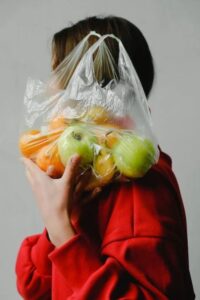 When it comes to waste management in Melbourne, particularly domestic and retail, it’s fresh groceries that contribute the most to food wastage. This, of course, makes your waste management all the more challenging. Therefore, it pays to care for the fresh food you purchase. There is evidence to suggest that plastic-wrapped foods are more often wasted than foods that are not wrapped in plastic.
When it comes to waste management in Melbourne, particularly domestic and retail, it’s fresh groceries that contribute the most to food wastage. This, of course, makes your waste management all the more challenging. Therefore, it pays to care for the fresh food you purchase. There is evidence to suggest that plastic-wrapped foods are more often wasted than foods that are not wrapped in plastic.
This is thought to be partly because when we see it in the fridge, we assume it will still be fresh – because we cannot smell it! In a study by WRAP, it was found that plastic-wrapped food forces people to buy more than they need. So, more goes to waste. It’s more likely that you’ll find four apples wrapped up than one – and if you only want one, the rest will be wasted.
So, if possible, avoid foods sold in plastic packaging. Not only are the plastics terrible for the environment, but they can also leech chemicals into the food.
3. Use the right skip bin hire company
Every city in Australia, including Melbourne, has its own set of protocols and rules for collecting and separating waste. Should you dispose of batteries in a regular bin? Accordingly, you should hire the right skip bins to make sure your waste is collected, segregated, disposed of or recycled correctly and efficiently. Don’t forget to inquire about the proper waste management practices.
But why go to all the trouble when a good skip bin hire company can do all the heavy lifting? First, you should consider the type and amount of waste you generate so you can decide whether you need a 20 cubic metre, 9 cubic metre, or mini skip hire. After all, skip bins come in many different shapes and sizes.
Make sure your skip bin hire provider has a sound environmental policy. Whether you’re dealing with hazardous, mixed, green, or demolition/construction waste, choosing the correct skip bins can do wonders for your waste management in Melbourne.
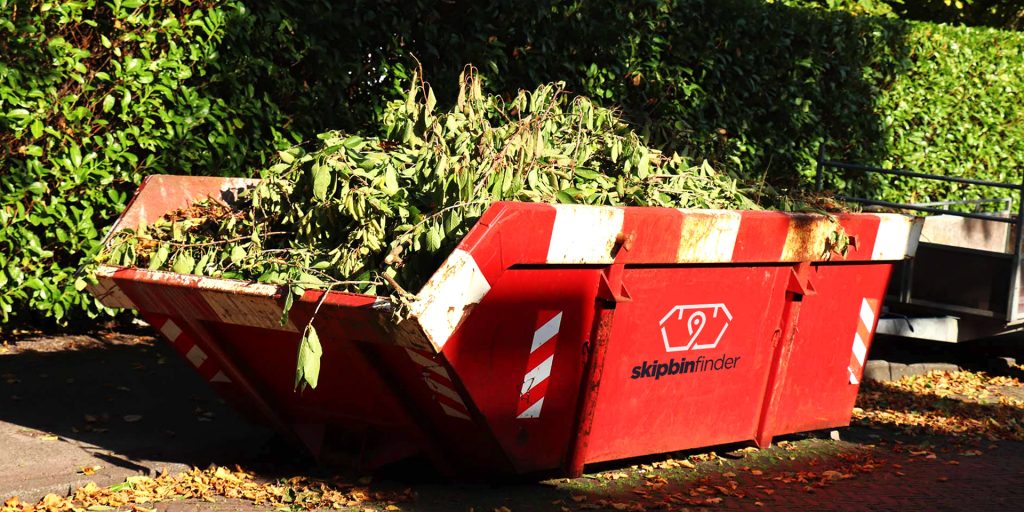
4. Adopt proper waste segregation practices
Trash segregation is one of the most neglected ways to improve waste management. If you can separate your waste correctly and efficiently, you can improve your environmental footprint and save time and money. It allows you to sort your waste into stuff that can be reused, recycled, or disposed of.
Keeping all your waste in the same skip bins or garbage bags can make recycling difficult. Additionally, mixing hazardous materials with regular waste can contaminate our water, air, and soil if they end up in landfills instead of specialised treatment plants. Good waste segregation practices are vital to prevent these mishaps and encourage good waste management in Melbourne.
Colour-coding your bin bags within your property is one of the simplest yet most effective ways to segregate your waste. Plus, you can install a compost bin in your backyard or kitchen. This way, you can toss your leftover food, peelings, and fruit skins in the composting bin to generate your own organic fertiliser.
5. Steer clear of single-use packaging and plastic
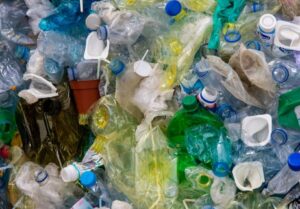 Single-use plastics are a menace to our environment. They can also complicate your waste management. So, instead of bottled water, drink tap water — Melbourne Water has done a bang-up to ensure it is safe to drink!
Single-use plastics are a menace to our environment. They can also complicate your waste management. So, instead of bottled water, drink tap water — Melbourne Water has done a bang-up to ensure it is safe to drink!
Enjoy your drinks and takeaway food in reusable cups, plates, and containers. Skip packaged foods in favour of unwrapped fresh veggies and fruit. More crucially, consider using certified compostable bin liners to help reduce the impact on our planet.
6. Compost your organic waste and leftover foods
Composting is the number one solution to waste management. You can approach this in many ways — get in touch with your climate-action group or local communal garden or use mobile apps like Share Waste to find compositing sites in your neighbourhood.
Alternatively, you can set up your composting system. You’ll need a composting bin, worm farm, or Bokashi composting system. Organisations like Compost Revolution can help get a compositing system and worm farm at discounted prices.
7. Recycle More – Up the ante and standards for better waste management!
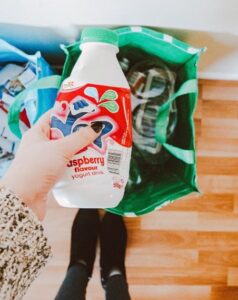 It’s worth reiterating that recycling is king in waste management. It pulls double duty, allowing you to eliminate your waste while saving the environment. Be mindful when disposing of your trash, and segregate your recyclables before garbage collection. Note that e-waste containing power cables or batteries should be dropped off at designated recycling stations set up by Melbourne’s local government around the city.
It’s worth reiterating that recycling is king in waste management. It pulls double duty, allowing you to eliminate your waste while saving the environment. Be mindful when disposing of your trash, and segregate your recyclables before garbage collection. Note that e-waste containing power cables or batteries should be dropped off at designated recycling stations set up by Melbourne’s local government around the city.
8. Donate used stuff and buy second-hand
Donating items that can still be used can help you stay on top of your waste management. But the other way around is also sound. Before you purchase something new, consider buying it used, which may save you a lot of money.
This can include purchasing used clothing at Op Shops, used furniture and recycled construction materials or exploring social media for a reasonable price on a bike. Buying used products helps local organisations keep stuff out of landfills.
